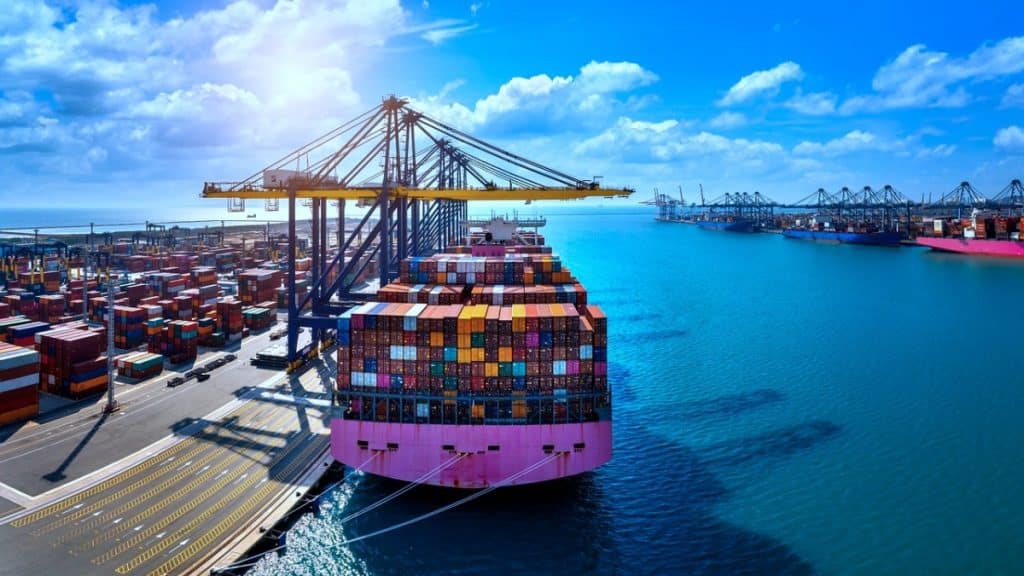The marine industry has always been at the forefront of technological innovation. From ancient navigation techniques to modern GPS systems, the quest for better and more efficient ways to traverse the seas has driven countless advancements. Today, marine technology encompasses a broad range of applications, from vessel design and propulsion to communication and safety systems. One of the critical components in this technological evolution is the development and integration of advanced marine switches and panels.
The Role of Marine Switches in Modern Vessels
In the realm of marine technology, marine switches play a crucial role. These switches are designed to withstand the harsh marine environment, providing reliable operation under extreme conditions. They are used in various applications, from controlling lighting and navigation systems to managing complex onboard electronics. The robustness and reliability of marine switches are paramount, ensuring that vessels can operate safely and efficiently even in the most challenging conditions.
Marine switches are crafted to endure exposure to saltwater, intense vibrations, and wide temperature variations, all of which are common in marine environments. These switches must maintain their functionality despite such stresses, making them indispensable for the smooth operation of maritime vessels. For instance, they are often used in critical systems like bilge pumps, windlass controls, and navigation lights. The reliability of these components directly impacts the safety and efficiency of marine operations.
Advancements in Marine Panels
Alongside switches, marine panels are another essential element in modern maritime operations. These panels serve as the central hub for controlling various systems onboard. They are designed to be user-friendly, with intuitive interfaces that allow crew members to manage everything from engine performance to environmental controls. The integration of marine switches into these panels ensures seamless operation and enhances the overall safety and functionality of the vessel.
Modern marine panels are equipped with advanced features such as touch-screen interfaces, real-time system monitoring, and integrated alarm systems. These advancements allow for more efficient management of onboard systems and quicker responses to potential issues. Additionally, the integration of smart technology in these panels enables remote monitoring and control, further enhancing operational efficiency and safety.
Future Trends in Marine Technology
Looking ahead, the future of marine technology promises even more exciting developments. Innovations such as autonomous vessels, advanced navigation systems, and environmentally sustainable technologies are set to revolutionize the industry. The continuous improvement of marine switches and panels will play a vital role in these advancements, providing the necessary infrastructure to support new technologies.
Autonomous vessels, for example, rely heavily on sophisticated control systems that integrate numerous sensors and actuators. High-quality marine switches are essential for the reliable operation of these systems, ensuring that autonomous vessels can navigate safely without human intervention. Similarly, advanced navigation systems that use real-time data to optimize routes and improve fuel efficiency depend on robust and reliable control panels.
Environmental sustainability is another critical area where marine technology is making significant strides. New technologies aimed at reducing emissions and minimizing the environmental impact of marine operations are becoming increasingly important. Energy-efficient marine switches and panels that optimize power consumption and reduce waste are crucial in this context, helping to make marine operations more sustainable.
Conclusion
The ongoing advancements in marine technology are a testament to the industry’s commitment to innovation and excellence. By focusing on critical components like marine switches and panels, manufacturers and engineers are paving the way for a new era of maritime operations. Whether it’s through improving safety, enhancing efficiency, or driving sustainability, the future of marine technology holds great promise for the world of seafaring.
As the marine industry continues to evolve, the importance of reliable and efficient marine switches and panels cannot be overstated. These components are the backbone of modern marine technology, ensuring that vessels can operate safely, efficiently, and sustainably. By embracing these innovations, we can look forward to a future where maritime operations are more advanced and environmentally friendly than ever before.
In conclusion, the marine industry’s future looks bright, with continuous innovations driving progress. The role of marine switches and panels in this technological evolution is critical, supporting safer, more efficient, and sustainable maritime operations.
